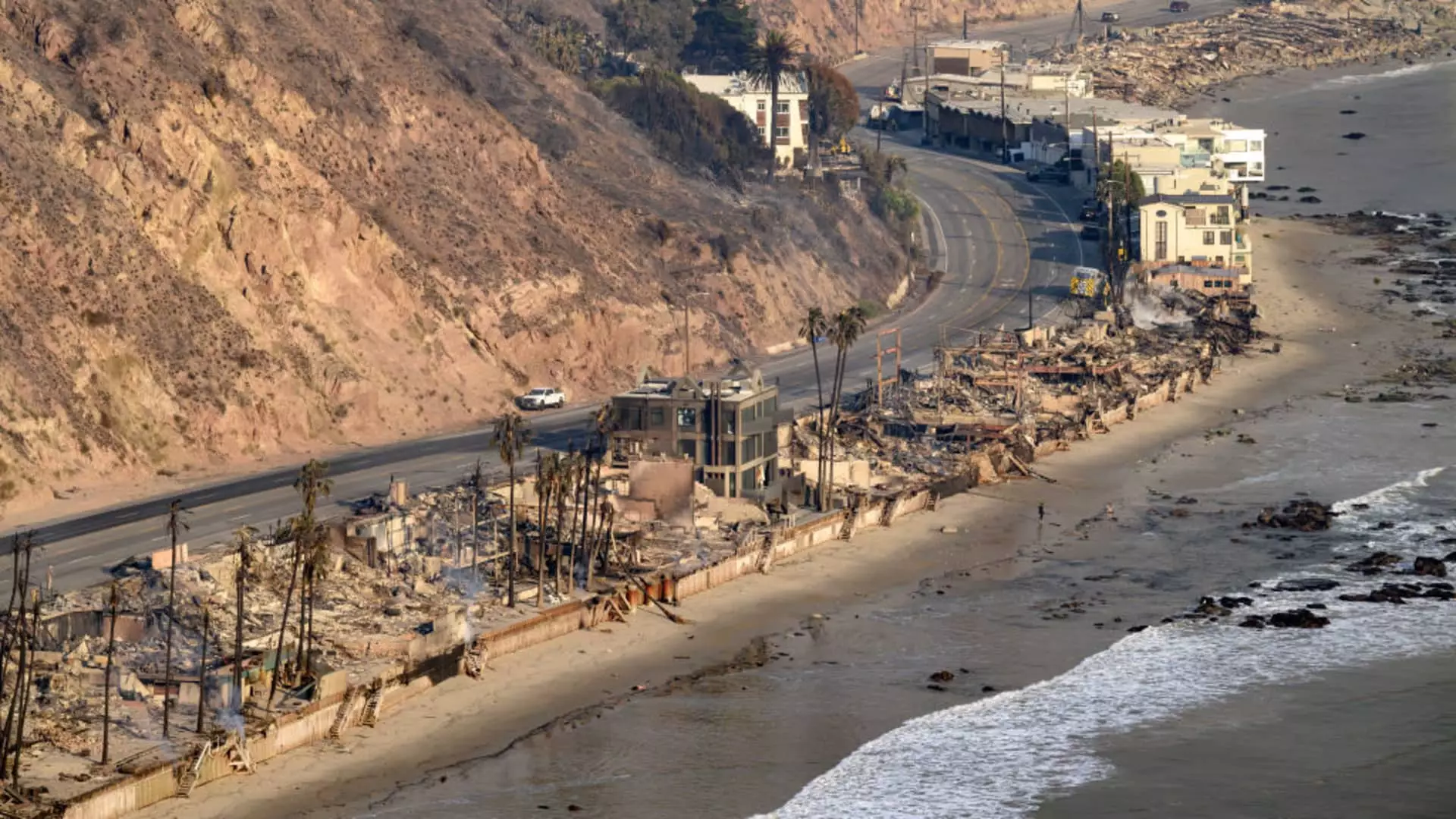The recent wildfires in Los Angeles have posed significant challenges, affecting countless residents and businesses. With over 10,000 structures, including homes, damaged or destroyed, the city is grappling with widespread power outages and water shortages. The impact extends beyond the local population, as airlines are forced to respond to the emergencies that threaten travel plans. As wildfires rage in certain areas, particularly around the Pacific Palisades, travel to and from Los Angeles has been disrupted, compelling multiple airlines to implement travel waivers for their passengers.
Airline Responses to Travellers
Airlines operating in and around Los Angeles, such as American Airlines, United Airlines, Southwest Airlines, and JetBlue, have enacted policies to waive fees for flight changes for travelers affected by these ongoing emergencies. For instance, American Airlines allows customers with bookings to key airports, including Hollywood Burbank and Los Angeles International, to modify their travel plans without incurring additional fees. This flexibility extends to rebooking options until mid-January, offering relief to passengers caught in the chaos.
In addition to waiving rebooking fees, Southwest Airlines has similarly adjusted its policies, enabling customers to change flight destinations within California for free, mitigating the impacts the wildfires have had on their commuter plans. This unwavering support highlights the airlines’ commitment to customer service during such crises, enabling travelers to pivot away from troubled areas without financial penalties.
Airline Sales and Future Outlook
Despite having strong overall demand in their flight networks, airlines like Delta Air Lines report a notable decline in flight sales to Los Angeles in the wake of the wildfires. Glen Hauenstein, Delta’s president, elaborated on the evolving situation, indicating that while there isn’t a dramatic increase in cancellations, flight bookings have seen a downward trend recently. This observation suggests that uncertainty due to the wildfires has discouraged potential travelers, thus impacting airline revenue temporarily.
Interestingly, historical patterns show that airlines often experience a bounce-back in demand following such natural disasters. Hauenstein emphasized that while the immediate sales impact is manageable, the long-term trajectory might see an increase in demand as rebuilding efforts commence. The resilience of travelers often shines through post-crisis, as individuals seek to reconnect with family, friends, and opportunities in affected areas.
The wildfires raging in Los Angeles offer a snapshot of the unpredictable challenges faced by the aviation industry in times of natural disasters. While immediate impacts manifest as declines in travel bookings and necessitate crucial policy changes from the airlines, the potential for recovery post-disaster remains positive. Airlines are positioned to rebound as city residents and travelers alike look to restore normalcy in their lives. In the meantime, the focus must be on supporting those affected, while the industry recalibrates to accommodate both current needs and future opportunities arising from these difficult circumstances.


Napsat komentář